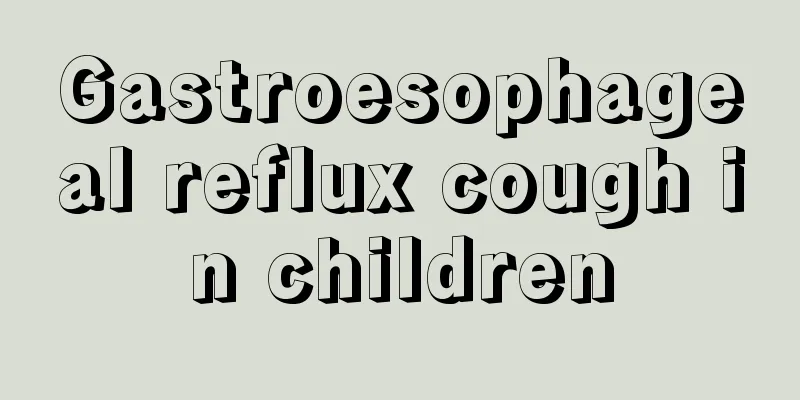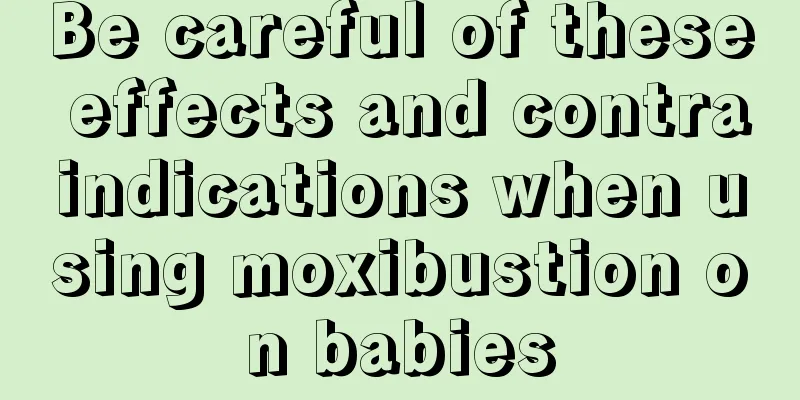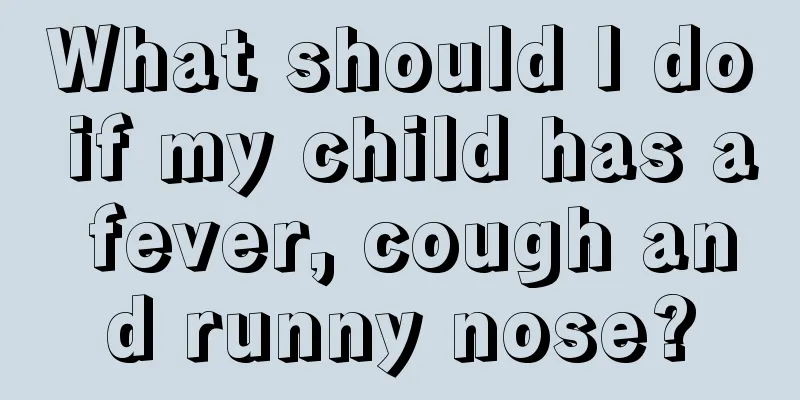Gastroesophageal reflux cough in children

|
The stomach is an important digestive organ in the human body. All food eaten by the human body needs to be digested and absorbed by the stomach. There are also sphincters at both ends of the stomach, mainly to ensure that gastric reflux problems do not occur. However, when a person's stomach gets cold or has a cold, gastroesophageal reflux symptoms are likely to occur. Children are a high-risk group for gastroesophageal reflux symptoms, but how should children's cough caused by gastroesophageal reflux be treated? Both gastroesophageal reflux disease and laryngopharyngeal reflux are caused by continuous stimulation of the esophageal reflux, which causes irritation of the trachea and can lead to chronic cough, which may not necessarily involve sputum. This type of cough is sometimes very difficult to distinguish from cough variant asthma. The most accurate method for diagnosing gastroesophageal reflux is endoscopic examination, which can also determine the severity of reflux esophagitis. Of course, the absence of reflux esophagitis cannot rule out GERD. It can also be combined with 24-hour esophageal acid-base testing, esophageal manometry and other examinations for comprehensive judgment. An airway pH monitoring system is required to confirm the diagnosis of laryngopharyngeal reflux. The best method for diagnosing asthma is bronchodilator test, combined with clinical manifestations and previous history of allergies and attacks. Studies have shown that the incidence of gastroesophageal reflux in asthma patients is much higher than that in the general population. Gastroesophageal reflux often triggers asthma attacks. Asthma attacks or drugs used to control asthma may also cause gastroesophageal reflux to worsen. The two may affect each other and form a vicious cycle. Foreign studies show that 1/3 of asthma is caused by laryngeal reflux! Domestic data show that this proportion is very low (probably related to the lack of measurement) Recent studies have shown that for patients with moderate to severe asthma and gastroesophageal reflux or laryngopharyngeal reflux symptoms, the use of proton pump inhibitors (PPI, a type of acid suppression therapy) may help control asthma. Therefore, for patients with asthma and gastroesophageal reflux or laryngeal reflux symptoms, the continued presence of esophageal reflux stimulation will make the treatment effect of asthma worse, or symptoms such as wheezing and coughing will be difficult to improve. At this time, anti-reflux treatment and gastric acid inhibition treatment should be combined to greatly improve the treatment effect of asthma. When conventional asthma treatment is ineffective, consider gastroesophageal reflux or laryngopharyngeal reflux! So parents should pay attention. If children keep coughing, the problem may not be in the trachea, but may also be in the esophagus. Taking your child to the gastroenterology department may have unexpected results. |
<<: What medicine should children use for nebulization
>>: Children with low nose bridge
Recommend
How to care for a child's broken arm
If children are not careful in their lives, they ...
4-year-old child with language delay
Simply put, language delay means that a child'...
What is the normal vision of a 4-year-old child?
The vision of a 14-year-old child is the same as ...
What should I do if my child doesn't grow taller?
As soon as a baby comes out of his mother's b...
What should I do if my baby has a bloated stomach and diarrhea at eight months old?
If your baby has abdominal distension and diarrhe...
Standard measurement method for height and weight of one-year-old baby
After the birth of a child, parents are very worr...
Treatment of low-grade fever in children
In our lives, it is common for children to have a...
Why does my baby sweat on his head and neck when sleeping?
I believe that every baby is a treasure to the fa...
Why does my baby keep waking up?
The joy of being a mother for the first time is w...
What are the symptoms of ADHD in children?
ADHD is a relatively common disease in children. ...
How to help your baby have a bowel movement
Not only is the baby small in size, but his body ...
Are mosquito repellent bracelets for children harmful?
Some traditional mosquito repellent methods have ...
Can a 1-year-old baby drink yogurt?
Many mothers need to pay special attention to the...
Treatment of throat herpes in children
We know that children are more likely to suffer f...
What to eat for a 4-year-old with constipation
The most common gastrointestinal disease in child...









